The Co-Managed MPA / No-Take Zone project has been travelling around the Med, delivering training to marine conservationists on how to build a financial strategy or engage with local communities.
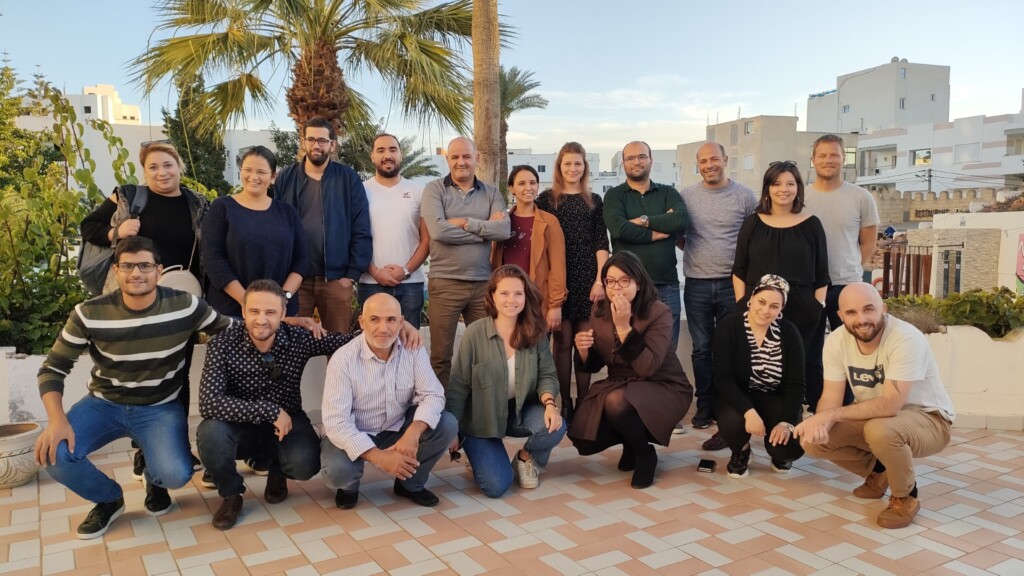
« The idea of this training program titled Effectiveness and durability of marine conservation projects originated from the observation that if most actors in the field of marine conservation usually have a solid background in environmental sciences, they often have limited skills in conservation finance, community entrepreneurship, management or communication. Yet, such skills are essential to ensure the effectiveness and durability of any marine conservation project », says Timothée Cook, science officer at BlueSeeds, who works with Guillaume Le Port, project manager at BlueSeeds, on questions relating to capacity building in marine conservationists.
Between October and November 2021, Cook and Le Port traveled across the Med to deliver one-week trainings to 3 groups of 15 people working in the field of marine conservation. Trainings took place in the training centers of the organisations Brijuni National National Park (Brijuni, Croatia), Notre Grand Bleu (Monastir, Tunisia) and Mediterranean Conservation Society (Akyaka, Turkey). Hosting organisations were central in the success of the trainings, providing valuable help finding candidates and organising logistics on site.
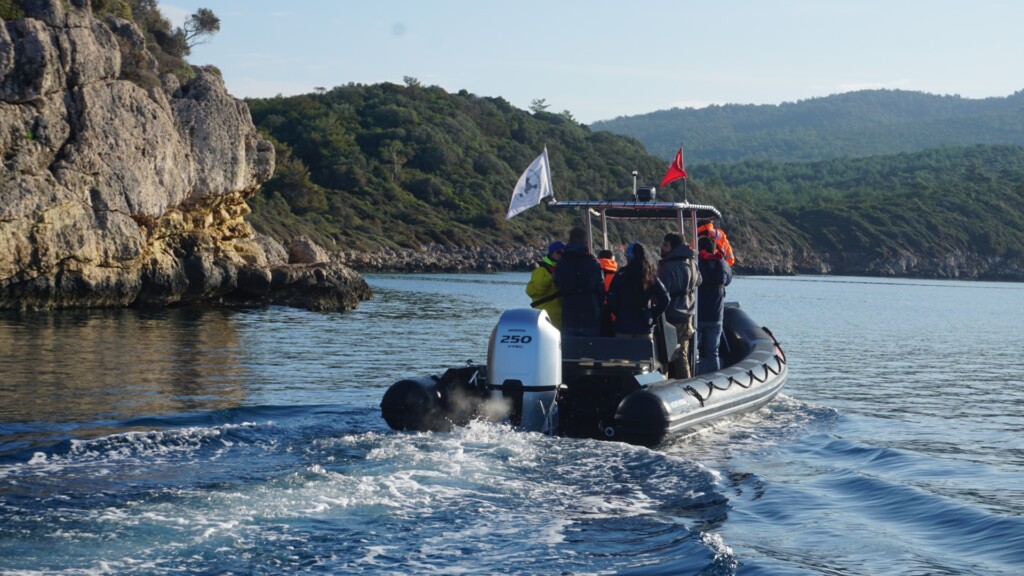
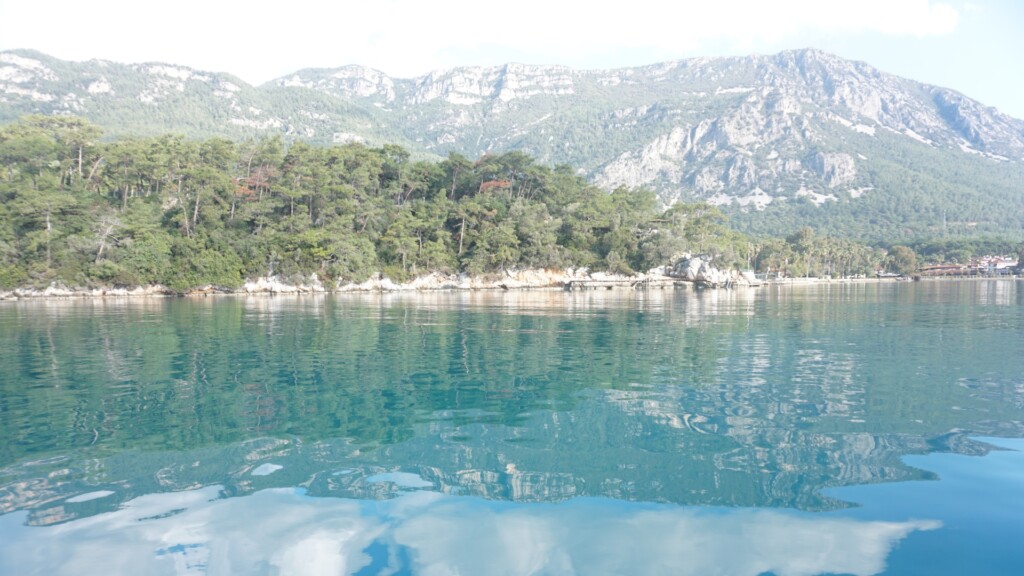
“The question of the target group of the trainings was a central issue, since it determined how effective the delivered training would be. We decided that each one-week training would be delivered to participants from countries belonging to the same sub-region, to enhance connectivity amongst people who face similar issues. We also considered that MPA managers should not be the only target group, because they are not the only decision-makers in the field of marine conservation, although they often get the attention of capacity-building programs. In the end, trainings targeted members of MPAs, NGOs, academia, public institutions (ministries, coast guards) and international institutions”, explains Timothée Cook.
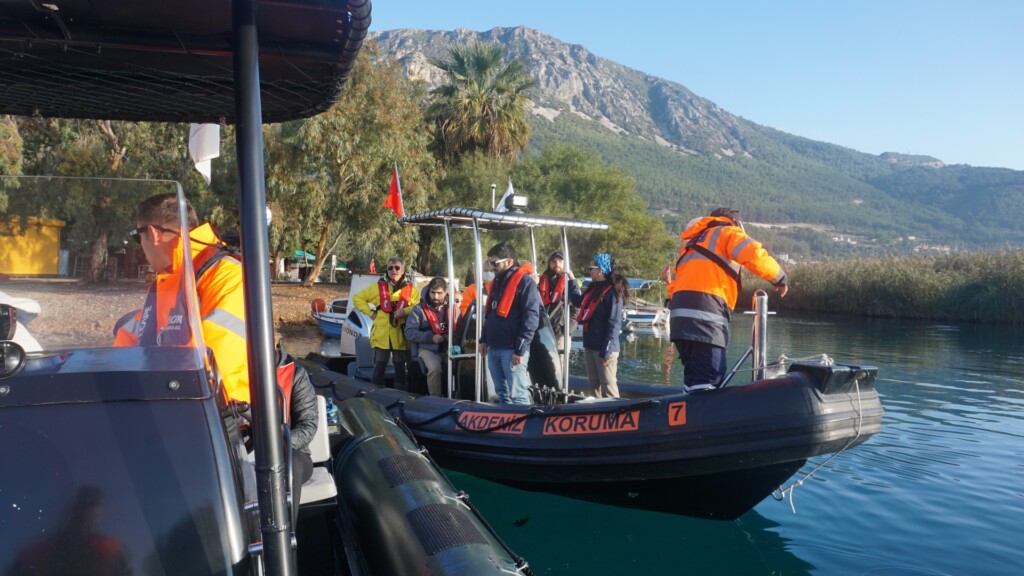
Day 1 of the 5-day training was dedicated to discussing the limits to current existing solutions for protecting marine ecosystems. During day 2, participants explored business planning and means to reduce management costs. On day 3, the training focused on increasing revenues through self-financing mechanisms. Day 4 was dedicated to discussing stakeholder involvement and included a field visit. On day 5, participants were introduced to community entrepreneurship. Throughout the week, trainees were asked to present examples from their own conservation activities. Participation was therefore encouraged, also during sessions where trainees, divided in small groups, analysed and evaluated together data from their own conservation projects.
“Overall, the feedback we received from participants was extremely positive. People appreciated the interactive approach, the opportunity to build networks and learn from one another and the use of digital tools to evaluate their own conservation project or build a financial strategy for it. There was a lot of demand for more group work using practical tools to work on one’s own data, and this was confirmed in the output of the surveys we sent to evaluate the trainings”, says Timothée Cook. The success of these trainings begs the question of their replication. There is a clear need for this type of content and these trainings could have an even bigger impact if they reached out to a greater number of people, also from other geographical and cultural areas of the Mediterranean.
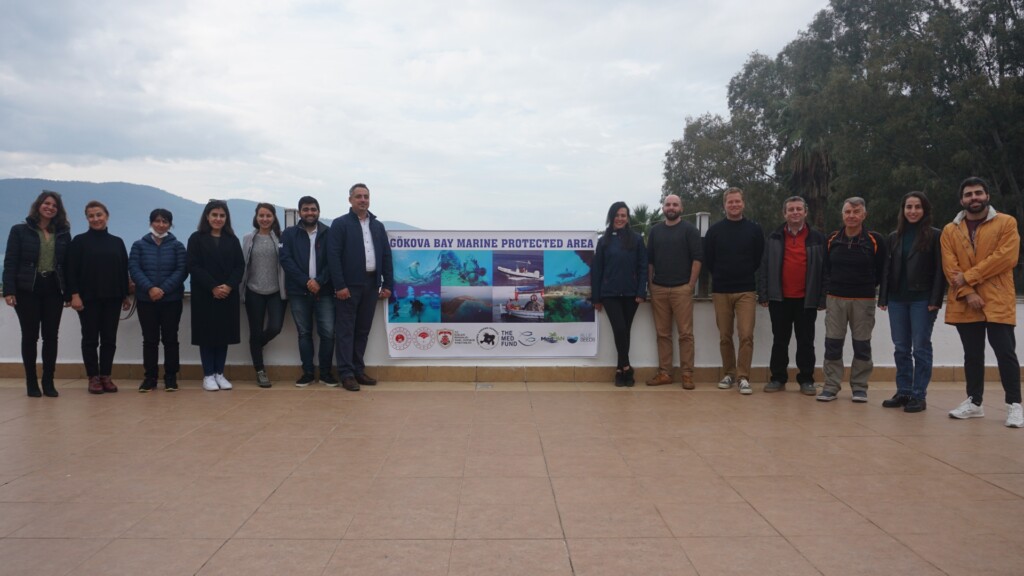
In the context of COVID, Cook and Le Port have previously had to adapt trainings – originally meant to be face-to-face, online. If remote training actually has some advantages (e.g., for training MPA managers to business planning), the length and subject of these trainings within the context of the Co-Managed MPA / No-Take Zone project meant that a remote approach was impossible. “At one point, people actually need to get together and brainstorm all week long on a variety of subjects. Conservation efficiency is a complex and multifactorial field, and its study necessitates cross-disciplinary collaboration and the exchange of a lot of information”, explains Timothée Cook. “Whatever the new tools of the virtual world, when it comes to organising a training or a workshop on such a complex matter, people must meet in the real world. No cell-phone, computer screen or application is going to replace what our brains have been hard-wired to do for hundreds of thousands of years.”
Discover more about the Co-Managed MPA / No-Take Zone project
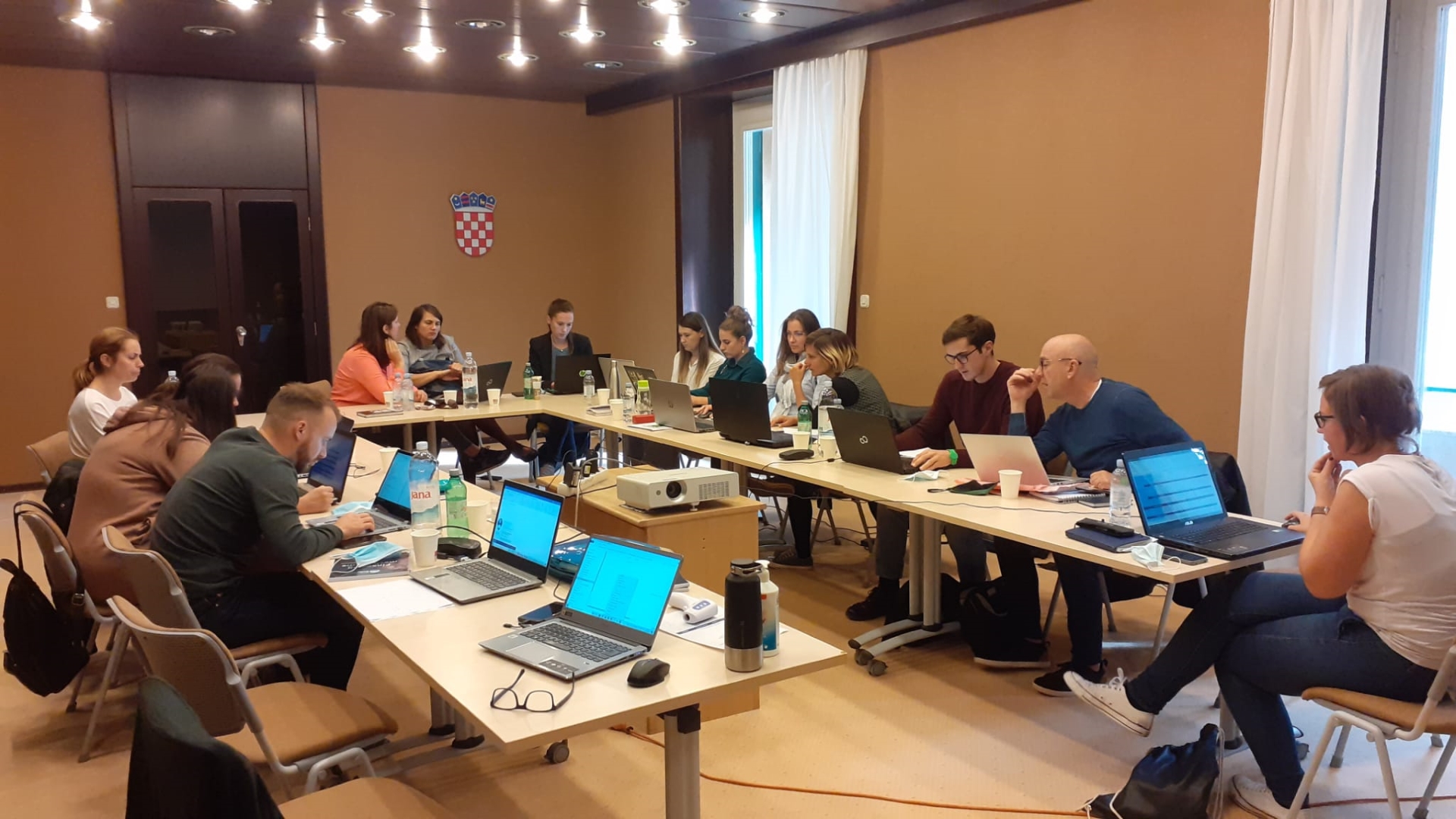
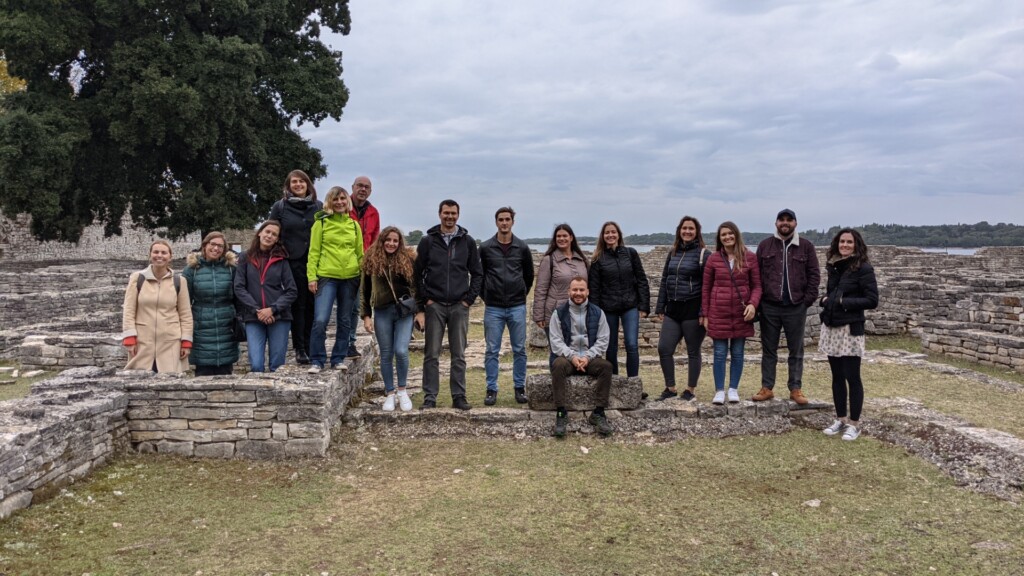
Training in marine conservation effectiveness in Brijuni, Croatia
Photo credits: Timothée Cook, Agathe Clerc and Yanki Tandircioğlu



